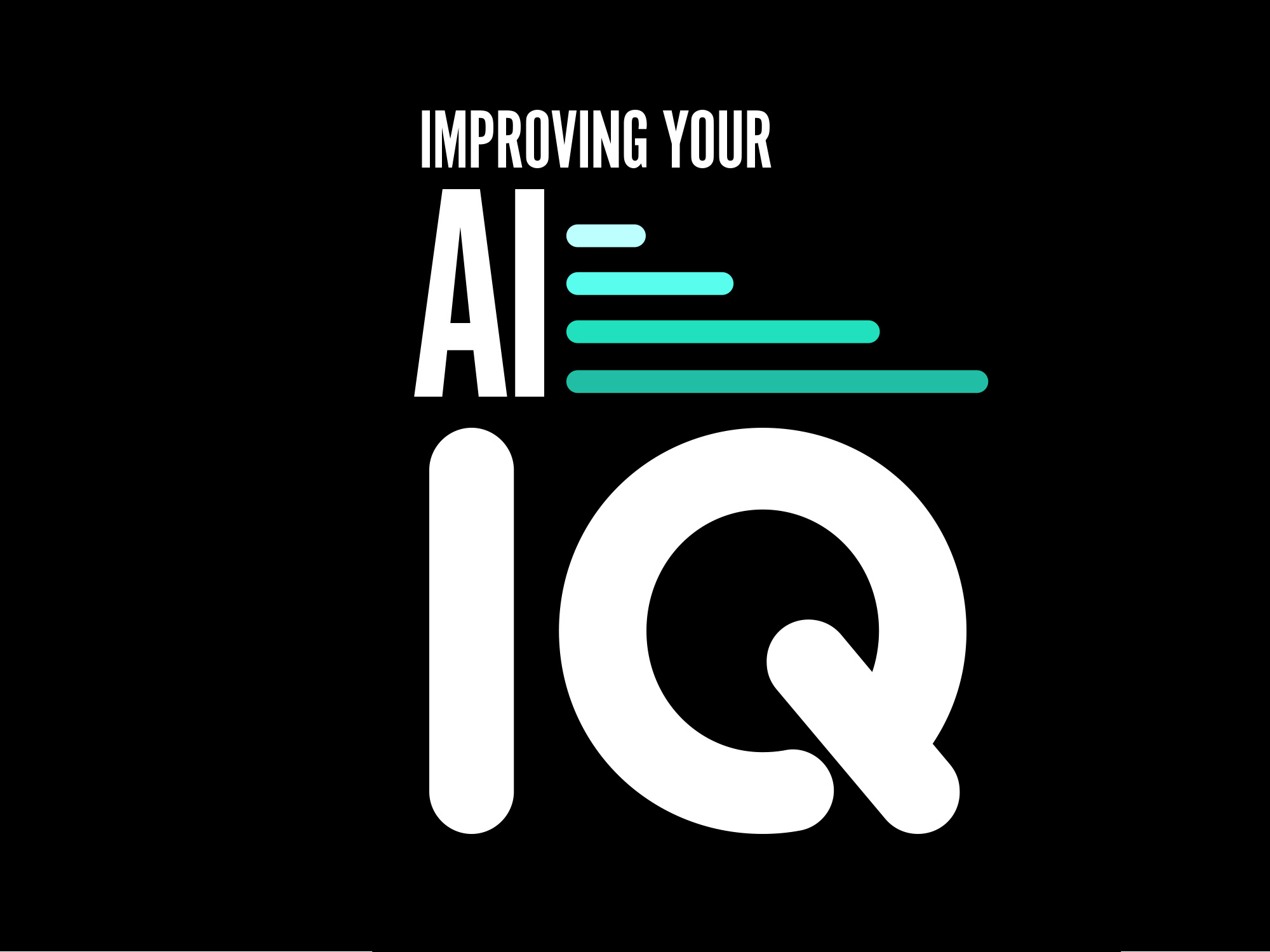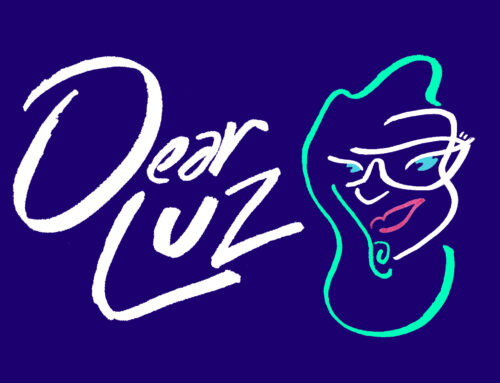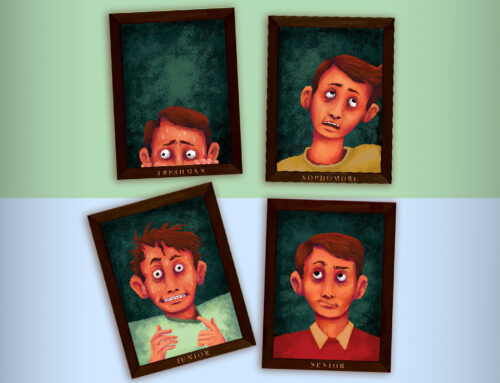By Isabella Aranda Garcia
The internet started off as a whisper, slowly gaining its voice. AI, on the other hand, started off singing opera. The AI revolution is advancing at rapid speed; companies are building massive data centers, new AI-related and AI-adjacent jobs are coming into existence, and AI is becoming a must-have tool to excel at any job. If you’re not already, it’s time to get comfortable with AI, and we’re here to help with this new series. You can thank us later.
When it comes to education, AI often gets a bad rap, thanks to all the ways it can help kids cheat. But the better way to look at AI is as a personal tutor or assistant. AI can explain concepts you don’t understand, help you improve your skills, assist in grading papers, and so much more. When you use AI responsibly, it can become a powerful partner in your educational experience. Here are five AIs that solve some common educational problems.
Problem:
You don’t understand the homework (grades K-12)
You finally decide to take the time to do your homework. You glance at it and realize you missed a few steps. Maybe you dozed off mid-lesson or just didn’t understand an essential step to a problem.
Solution:
QANDA offers clear, detailed, step-by-step explanations for all K-12 topics. Developed by the founders of Mathpresso, it breaks down complex problems into easy-to-understand pieces, helping you master concepts at your own pace.
Problem:
Math and science don’t make a lot of sense (grades 6-12)
Math and science were never really your thing, and you’re unable to grasp what the teacher is explaining during class. You try to focus, but you’re so far behind that everything starts to blur together, and you’re left guessing what you’re supposed to do.
Solution:
Mathos provides tailored programs and step-by-step instructions for students from elementary school into university. You can type in any equation or question, or you can even upload an image of a problem, and they will go in-depth on how to find the answer while also creating guided practices and personalized learning plans.
Problem:
The reading is fine, but the understanding isn’t (grades K-3)
Your child is reading, but they don’t understand what they read. Without foundational reading comprehension, your child’s performance can be impacted in all subjects as they grow into higher education. You also want them to experience the excitement of new stories, ideas, and worlds through books.
Solution:
Ello is an AI-powered reading assistant for kids in kindergarten through third grade. It supports young learners by enhancing their reading skills and comprehension through engaging, interactive help—setting them up to understand and learn in every subject as they get older.
Problem:
The entire college process is overwhelming (grades 7-12)
Deadlines, requirements, essays—the college application process is too much. You’re overwhelmed just thinking about it, and you have no idea where to begin.
Solution:
College Contact connects you with an AI advisor who can guide you through every step of the application process. What’s more, it can connect you with a human mentor (a current college student) who can help you determine the best fit, understand what college life is like, and more.
Problem:
Tests (to grade) are piling up
Piles of essays, projects and homework are staring back at you from your screen and stacked across your desk. You know hours will be spent just spotting the same small mistakes over and over again.
Solution:
Edexia is an AI teaching assistant that learns your rubric and preferences to streamline grading and save you time. Because you must approve all of Edexia’s grading, when you disagree, you can explain why so it can better learn your specific rubric. Soon, grading will be a breeze, and you’ll have time to do even more for your students.
We tip our hats to:
ORA AI
When Ryan Phelps, M.D., was a medical student, he recognized a problem: medical training hasn’t significantly advanced in 250 years. Teaching with textbooks felt archaic, and it resulted in doctors forgetting over 50 percent of all new knowledge within eight months. So, he developed a tool to help him study, and he did so well that he scored in the 100th percentile on the Step 1 licensing exam. So, of course, he decided to turn it into an AI-driven app, originally launched as Synaptiq. Today, Ora is used in over 220 medical schools and hospitals in 85 countries, helping medical students and doctors retain seven times more information than the alternatives
This article was published in the September/October 2025 edition of Connect to Northern Westchester.
Isabella Aranda is a designer, writer and social media specialist with an M.A. in emerging media from the New Media Institute at the Grady College of Journalism & Mass Communication. Driven by curiosity and inspired by timeless modern design, she blends creativity and strategy to craft compelling narratives that engage diverse audiences.
Her expertise spans digital marketing, content creation and UX design, with notable achievements such as co-creating the Georgia On Your Mind podcast and leading digital campaigns that significantly boosted engagement. A Venezuelan immigrant, Isabella brings a multicultural perspective to her work, enhancing her ability to connect with and inspire others.








